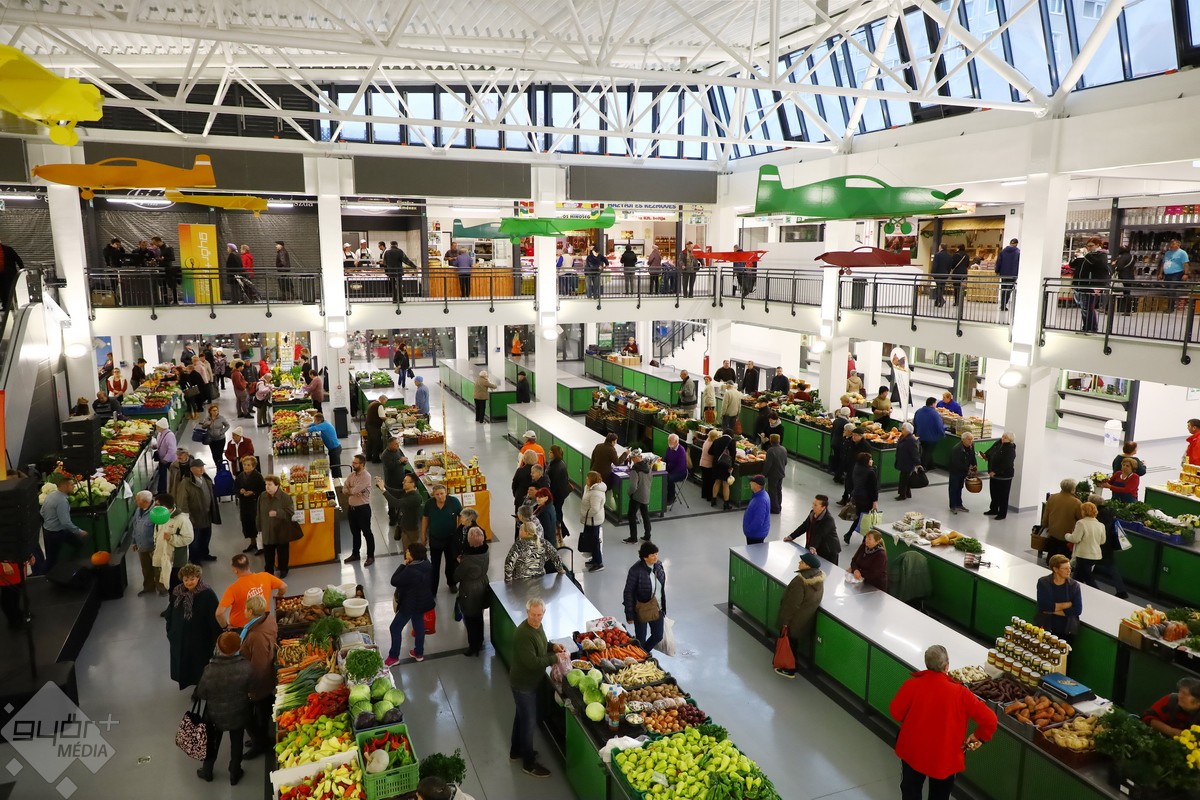Inflation in Hungary reached a 26-year high of 21.1 percent year-over-year in October, and officials expect it to rise further.
According to data released by the Central Statistics Office (KSH) on Monday, food prices rose by 40 percent compared with October 2021, within which eggs and bread showed an increase of 87.9 percent and 81.4 percent, respectively. Household energy prices were up 64.4 percent, with natural gas rising by 121 percent despite a government scheme that caps domestic energy prices up to an average consumption level.
The Central Bank did not comment on the inflation data, but Minister of Economic Development Márton Nagy said recently that inflation could peak toward the end of the year at around 25 percent.
A few hours after KSH released the inflation data, Cabinet Minister Gergely Gulyás announced at his weekly press conference that the government will freeze egg and potato prices at their end of September level; he admitted, however, that this would be little more than a band aid, reducing inflation by 0.1 to 0.2 percent.
Flanked by Nagy, Gulyás said at the press conference that Hungarian inflation was in part due to the European Union’s sanctions against Russia, which drove up energy prices, which, in turn, negatively affected transport costs and food prices.
Nagy added that inflation could start on a downward slope early next year and recede to single digits by the end of 2023.
Nagy also said that “however difficult 2023 will be, the government is committed to maintaining the family support system, but it is time to examine the effectiveness and economic impact of the programs and decide accordingly.” While he did not go into details, this presumably means that the government might revisit its current price caps and energy subsidy system.





